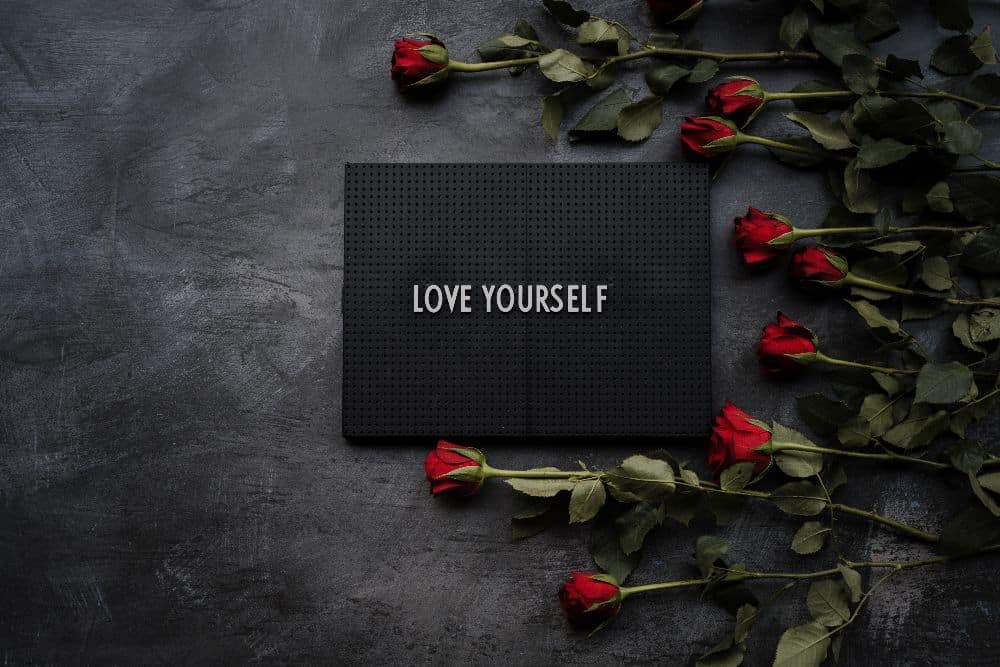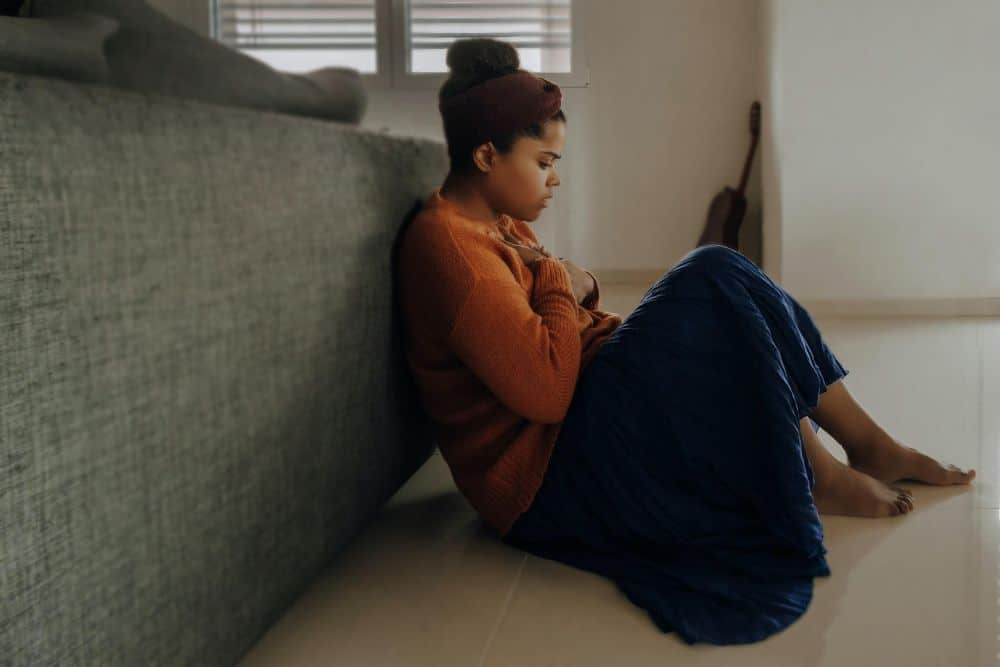How to relieve anxiety, gain confidence, and find authentic connection.

Why am I so anxious?
Humans are designed to live in connection. We are wired to feel not only our own emotions but the emotions of those around us. In today’s world, with so much chaos, concern, and COVID, most of us feel anxious and insecure. We are surrounded by unrealistic standards, societal pressures, and stories about everything that is disastrously wrong in our world. When we are already anxious living in this fast-paced and demanding world, we grow accustomed to the chaos and can even forget to pause, be one with our own thoughts and feelings, and sort out what’s our own and what isn’t. Not checking in with yourself and actioning your own needs can lead to burnout and self-loathing.
Reasons why we lose self-love
This feeling of self-doubt or ignoring our own needs is more common than you think. In fact, in a study completed this year, 1 in 2 women in the US feel more self-doubt than self-love. There are many reasons self-doubt begins to overtake our thoughts that fall into two groups; internal negative self-talk and external factors. The way we internalize the external, and the things we tell ourselves can make us feel inadequate.

Your inner critic
We are our own harshest critics. Our internal critic is plenty strong and the fear of being judged by others only adds fuel to the fire. It can be a vicious cycle. We hold ourselves to the highest standard, and when our own milestones or goals are not met or achieved in the way that was planned, we tend to be harsher on ourselves than we would others.
Imposter syndrome is when we feel like someone will notice that we aren’t really who we seem to be. It actually lies in our own inability to experience our own accomplishments. This happens a lot when we are learning and growing, whether academically, professionally, or even in relationships with others. Instead of confidently basking in our achievements, we feel as though we do not deserve them and are going to fail. Hence, self-doubt arises.
Something from your past
Think for a moment the next time you feel self-doubt; is that voice inside your head yours? Or is it someone from your past that minimized your achievements or knocked your confidence down? A lot of self-doubt can come from the opinions or actions of others, especially in our past, or when we were younger and still learning. When you are a child, you look to others to define safety, success, esteem, happiness, etc. If someone in your life; a parent or mentoring figure was unengaged, unimpressed, or unhappy, you experienced their disengagement as disconnection. This gets stored as trauma and leaves us feeling very vulnerable and alone. We think it’s our fault, causing self-doubt, confidence issues as well as depression and anxiety.
How to relieve the anxiety for yourself- A few ways to show yourself love today.

Self-love is a process that can take time and effort. When we experience self-doubt, we are usually hyper-aware of our actions, and how they may be perceived by others. We can also become fearful of how it may affect us internally. To build self-confidence and develop self-love, we must first identify those self-deprecating thoughts and counteract them with compassion.
For example, when we wake up in the morning and first look in the mirror, many begin to analyze their features and hear the voice inside their head saying they are not enough. When you hear this voice, try immediately acknowledging it. Don’t turn away from it, instead say something you do like about yourself. The smallest effort of self-encouragement will help start to form a habit of self-love.
Trauma, anxiety, and depression often feel like mountains, that often seem impossible to climb. This is because our bodies and minds try to protect us from these traumas and unplug them from our conscious thought. Therapy such as Integrative Equine Therapy (IET) at Beachwood, helps connect those neural pathways so we can shift our traumatic experiences from trauma to healthy coping habits for a better quality of life. All it takes to start is one step.
